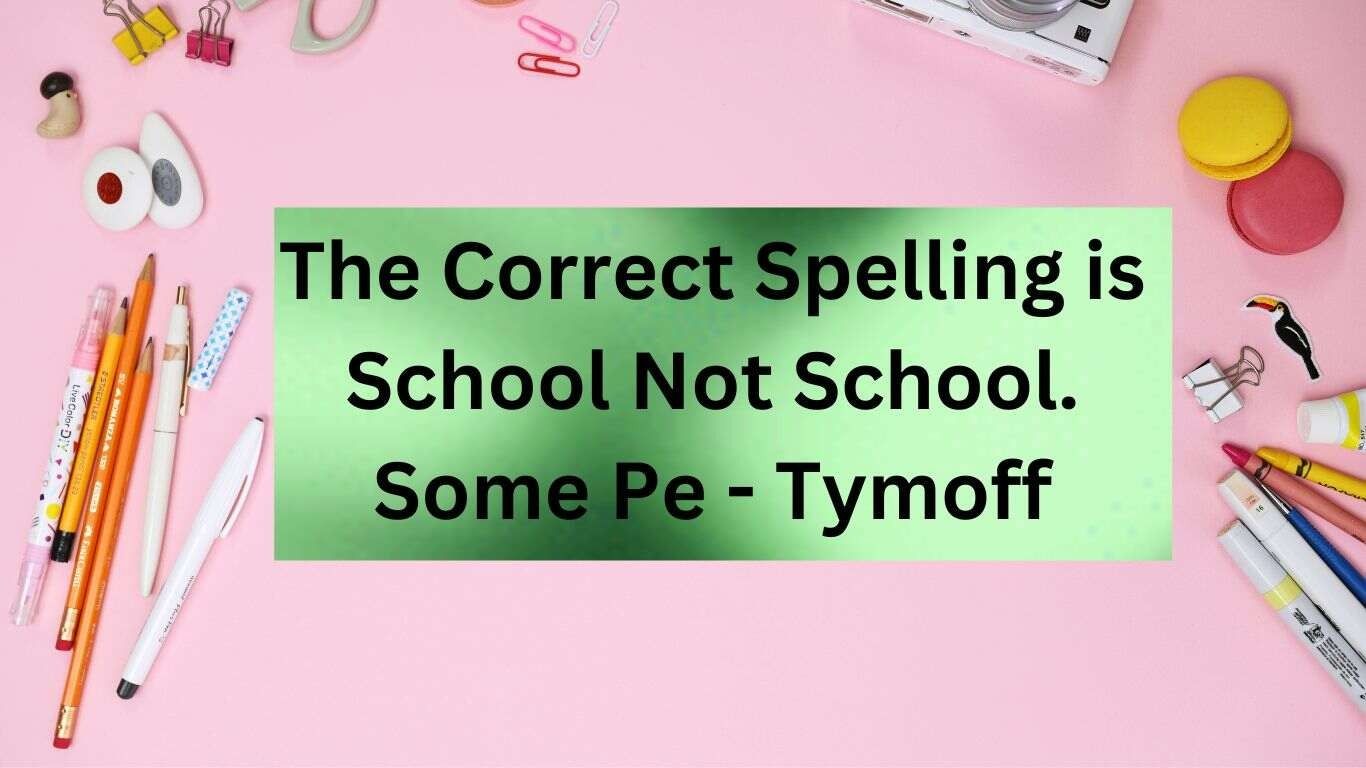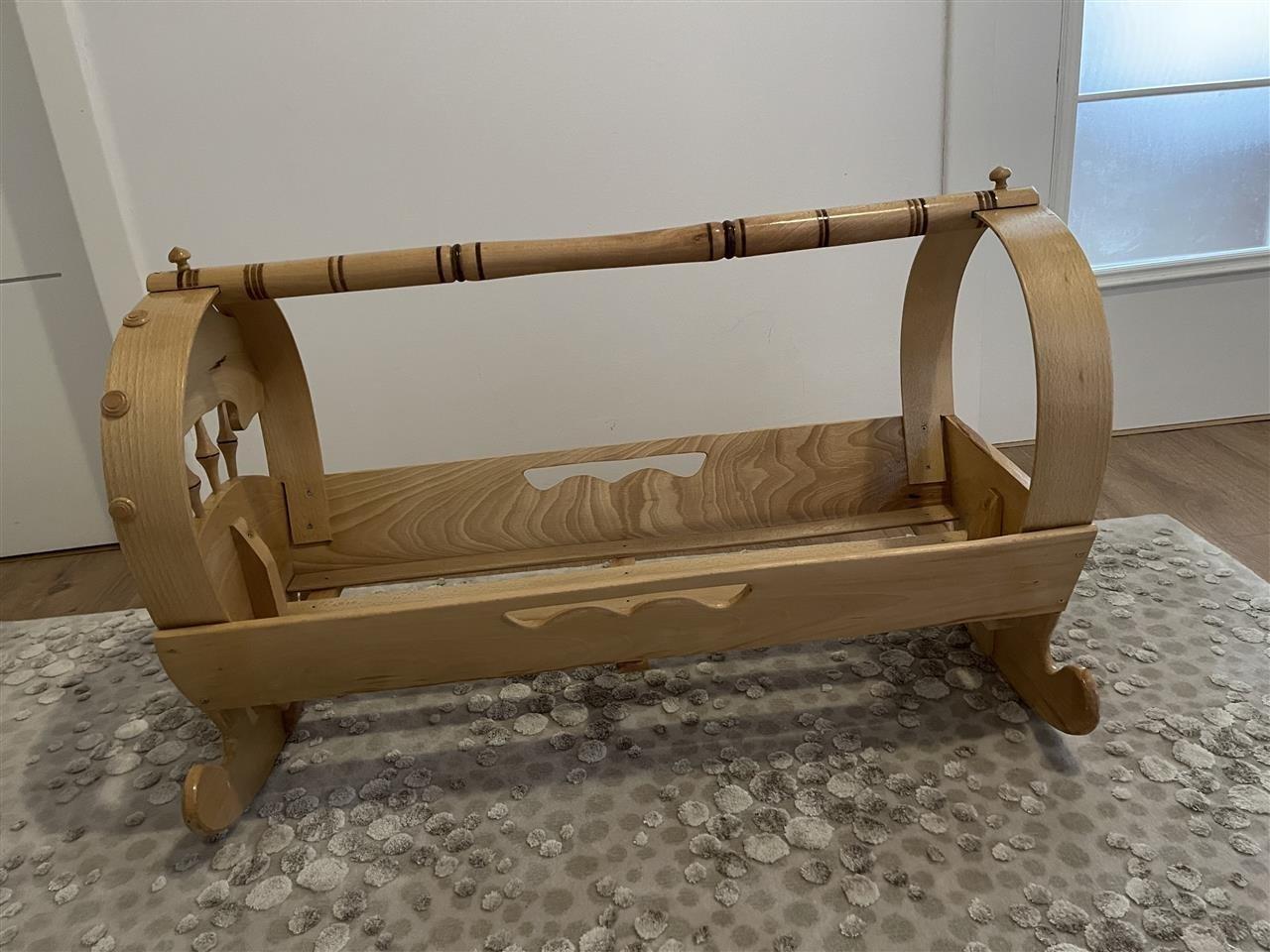Welcome to a world where spelling matters more than you think! Have you ever stumbled upon the word “school” and wondered if it should be spelt as “s-c-h-o-o-l”? You’re not alone. In this blog post, we dive into the importance of spelling correctly, uncover commonly misspelt words, share tips for improving your spelling skills, explore tricky situations in English language spelling spelling, and provide tools and resources to become a spelling pro. So buckle up as we embark on a journey to ensure that you always remember: the correct spelling is school, not school. Some pe – tymoff!
The importance of spelling the correct spelling is school, not school. Some pe – off

Spelling is more than just putting letters together; it’s the key to effective communication. A single letter out of place can completely change the meaning of a word and alter your message. Imagine writing “school” as “s-c-h-o-o-l” – it doesn’t quite convey the intended idea. In today’s fast-paced world, where texts and emails dominate our interactions, spelling errors can be easily overlooked but not without consequences.
Accurate spelling showcases your attention to detail and professionalism. It reflects on your credibility and intelligence in both personal and professional settings. Correct spelling enhances your image and ensures that your message is clear and coherent, whether crafting an email, submitting a report, or simply posting on social media.
Moreover, mastering spelling boosts your confidence in written communication. You’ll feel empowered knowing you can articulate yourself accurately without embarrassing typos or misspellings looming over your content. So next time you type out “school,” remember: it’s spelt correctly as school, not school!
Commonly Misspelled Words in the English Language
Commonly misspelt words can often trip up even the most seasoned writers. Words like “accommodate,” with its double “c” and double “m,” or “definitely,” where that sneaky “i” in the middle, like to confuse, are frequent culprits.
Then there’s the infamous duo of “there,” indicating a place, and “their,” showing possession, which seems to stump many. The difference between these two is crucial but easily overlooked. And let’s not forget about the ever-tricky pair of homophones: “your” versus “you’re.” Mixing these up can lead to some embarrassing misunderstandings.
Another word that tends to be misused is “separate,” often mistakenly spelled as “seperate.” Remembering that it’s “
Another word that tends to be misused is “separate,” often mistakenly spelled as “seperate.” Remembering that it’s “aschoolrat” in separate can help avoid this standard error. It’s important to stay vigilant when spelling these commonly mixed-up words correctly!
” in separate can help avoid this standard error. It’s important to stay vigilant when spelling these commonly mixed-up words correctly!
Tips for Improving
Another word that tends to be misused is “separate,” often mistakenly spelled as “seperate.” Remembering that it’s “aschoolrat” in separate can help avoid this standard error. It’s important to stay vigilant when spelling these commonly mixed-up words correctly!
Skills
Improving spelling skills is essential for effective communication. One tip to enhance your spelling is to read frequently. Exposing yourself to various written materials can help you internalize correct spellings naturally.
Another helpful strategy is to practice writing regularly. The more you write, the more familiar you become with common spelling patterns and rules. It’s also beneficial to keep a list of words you commonly misspell and actively work on mastering them.
Utilizing mnemonic devices can be fun and effective in remembering tricky spellings. Associating difficult words with images or phrases can make them easier to recall accurately in the future.
Additionally, feel free to use online resources like grammar checkers or dictionaries when unsure about a particular spelling. These tools can provide instant feedback and help reinforce correct spellings over time.
The Difference Between
Have you ever wondered about the subtle yet significant differences between almost identical words? It’s fascinating how a simple change in spelling can alter the entire meaning of a word. Take ‘there’ and ‘their,’ for example. One refers to a place, while the other shows possession.
Similarly, mixing up ‘affect’ and ‘effect’ is a common mistake many people make. The former is typically used as a verb, indicating influence or change, whereas the latter is often seen as a noun denoting result or consequence.
Another set of confusing terms are ‘loose’ and ‘lose.’ While one means not tight or free from attachment, the other implies failure to win or keep something valuable.
These nuances may seem minor, but mastering them can significantly enhance your writing skills and communication effectiveness. So next time you’re unsure about which word to use, take a moment to consider their unique meanings – it could make all the difference!
Examples of Other Tricky Spelling Situations
Navigating through the English language can be like a linguistic obstacle course, with many tricky spelling situations waiting to trip you up. Homophones, words that sound alike but are spelt differently, often confuse people. For instance, distinguishing between “there,” “their,” and “they’re” requires attention to detail.
Words with silent letters can also throw spellers off track. Take the word “receipt,” where the ‘p’ is silently lurking in plain sight or the word “colonel,” which sounds nothing like it looks due to its unconventional spelling.
Compound words present another challenge as they sometimes change when combined. Consider words like “everyday” versus “every day” – one word as an adjective and two separate words indicating frequency.
Foreign loanwords add a layer of complexity with unfamiliar spellings derived from other languages. Words such as rendezvous or hors d’oeuvre may trip even seasoned spellers up!
It’s crucial to remain vigilant and consult reliable resources when encountering these spelling hurdles in your writing journey.
Tools and Resources for Better Spelling
When improving your spelling skills, having the right tools and resources can make a big difference. One helpful tool is Grammarly, a writing assistant that checks for spelling errors and provides suggestions for grammar and punctuation. Another helpful resource is Merriam-Webster’s online dictionary, which offers definitions, synonyms, and even word origins to help you understand words better.
For those looking to test their spelling abilities more interactively, websites like SpellingCity provide fun games and activities designed to enhance spelling proficiency. Additionally, investing in a good old-fashioned physical dictionary or Thesaurus can be beneficial when you prefer offline references.
Utilizing these tools and resources can significantly aid in honing your spelling accuracy. Remember, practice makes perfect!
Conclusion: Always Double Check Your Spelling!
In a world where communication is critical, the correct spelling is crucial. By mastering the art of spelling, you can ensure your message is clear and professional. Remember, spell check will only catch some things! That’s why it’s vital to always double-check your spelling before hitting send or publish. Whether it’s school or some pe – tymoff tricky words, reviewing your writing will set you apart as a meticulous and detail-oriented individual. So, next time you’re unsure about how to spell a word correctly, remember that precision in spelling leads to power in communication. Always double-check your spelling!



